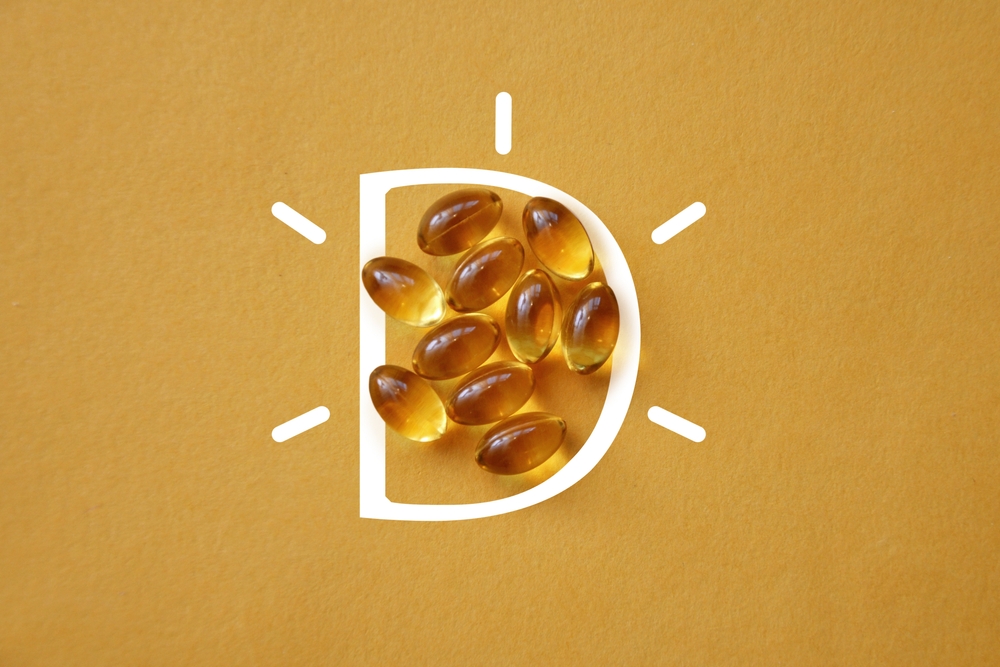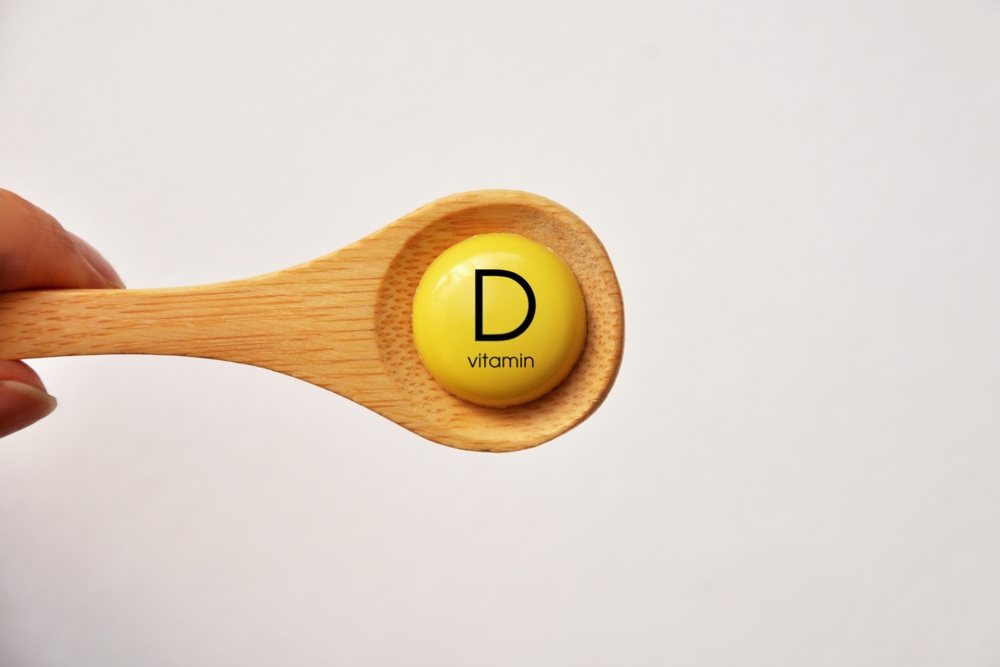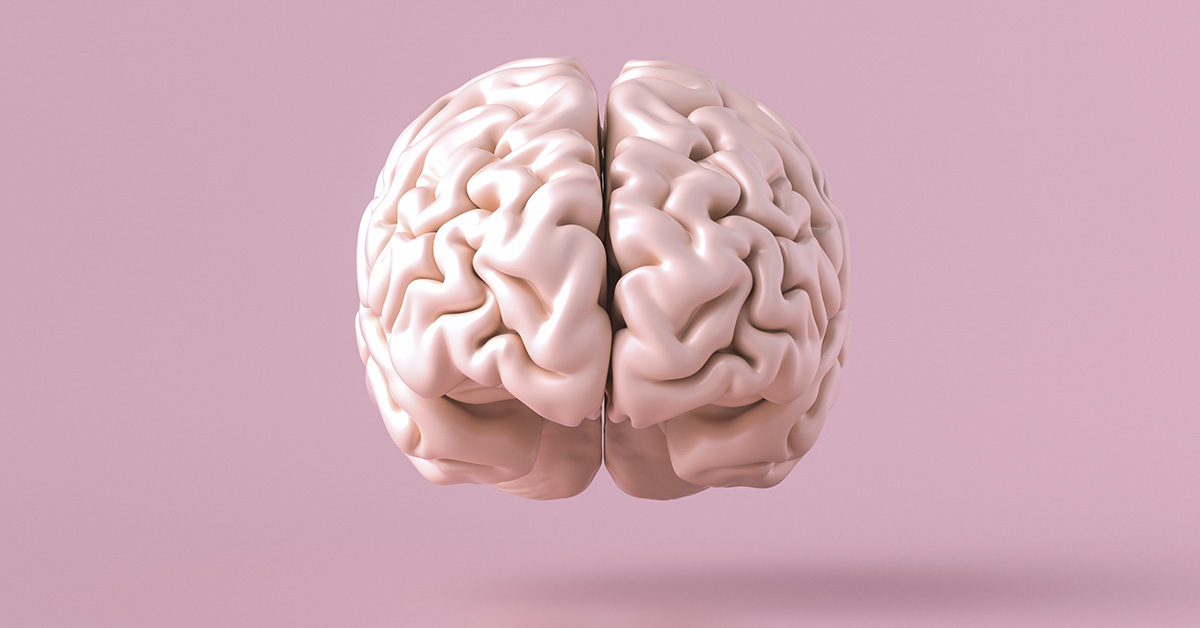We already know that vitamin D helps with our bone health, immunity, and mental health – but now we are learning that it can also help protect our brain. New research has found that those with higher vitamin D levels in their brains have a lesser chance of developing diseases such as Alzheimer’s and dementia. Not only that, but their brains just function better.
New Research Finds Vitamin D Protects Our Brains

In the past couple of decades, extensive research on vitamin D and what it does for our health. Recently, Tufts University researchers decided to look at another potential benefit vitamin D may have — brain health. Specifically, they looked at adults who suffered from varying levels of cognitive decline. The scientists looked at the amount of the vitamin in the study participants’ brain tissue. They found that those with higher levels of the vitamin in their brain tissue had lower levels of cognitive decline. Their brains were functioning better. (1)
Read More: 3 Vitamin Deficiencies Linked to Headaches
How The Study Worked

The research team examined the brain tissue of 209 people who were already part of the Rush Memory and Aging Project. This is a long-term study of Alzheimer’s disease that began in 1997. In this project, researchers from Rush University examined the cognitive function of older people with no signs of cognitive decline, continued to examine them as they aged, and then analyzed irregularities in their brain tissue after death.
In the Tufts study, the researchers looked at four brain regions. Two of these regions are associated with changes linked to Alzheimer’s disease, one with the forms of dementia that are linked with blood flow and that has no known connections to cognitive decline or vascular disease. Not only did they confirm that vitamin D was present in all brain tissues, but that higher levels of vitamin D in brain tissue were linked to less decline and better cognitive function. Interestingly, vitamin D levels were not associated with any other markers of Alzheimer’s disease in the brain, such as plaque buildup, Lewy body disease, and others. While scientists know that the vitamin may be important in preventing these illnesses, they don’t yet understand why or how.
Follow-studies Required

The researchers have already stated that they need more studies on vitamin D, the brain, cognitive function, and cognitive decline. They want to better understand precisely why, and to what extent the sunshine vitamin affects cognitive decline. The team also recognizes that more diverse studies need to be done. Most of the participants in the original study, those who were part of the Rush Memory Project, were white. We know that vitamin D levels can often vary between races and ethnicities, so the researchers want to do more studies with a more diverse group of participants.
“We now know that vitamin D is present in reasonable amounts in human brains, and it seems to be correlated with less decline in cognitive function,” said lead author Dr. Kyla Shea. “But we need to do more research to identify the neuropathology that vitamin D is linked to in the brain before we start designing future interventions.”
Read More: Vitamin D May Help Prevent Heart Attacks, New Evidence Shows
A Word Of Caution

While most nutrition scientists and registered dietitians will suggest to many to take a vitamin D supplement, don’t take this as permission to go out and start taking large doses of it. They still warn that vitamin D is a fat-soluble vitamin, meaning that your body can store it. If you take too much, you risk reaching toxic levels, which can have many adverse effects on the body. For babies up to one year of age, the recommended dose of vitamin D is 400 international units (IU). For adults aged 1 to 70 years, that amount increases to 600 IU. For adults older than 70 years, the daily recommended dosage increases yet again to 800 IU. Taking more than that could be a risk to your health. (3) You can find more info on vitamin D here.
The Bottom Line

A vitamin D supplement can be extremely beneficial for your health. The latest of these benefits is possibly preventing cognitive decline. However, the studies that have been done are preliminary, and more research is needed. In general, most people could benefit from supplementation; however, speak with your doctor or a dietitian to determine the right dosage for you.
Read More: Vitamin D May Lower Your Risk of Alzheimer’s According to New Study
This site contains product affiliate links. We may receive a commission if you make a purchase after clicking on one of these links.
Sources
- “Researchers find that brains with more vitamin D function better.” Medical Xpress. Tufts University. December 7, 2022.
- “Brain vitamin D forms, cognitive decline, and neuropathology in community-dwelling older adults” The Journal of the Alzheimer’s Association. December 7, 2022.
- “Vitamin D.” Mayo Clinic. Mayo Clinic Staff

